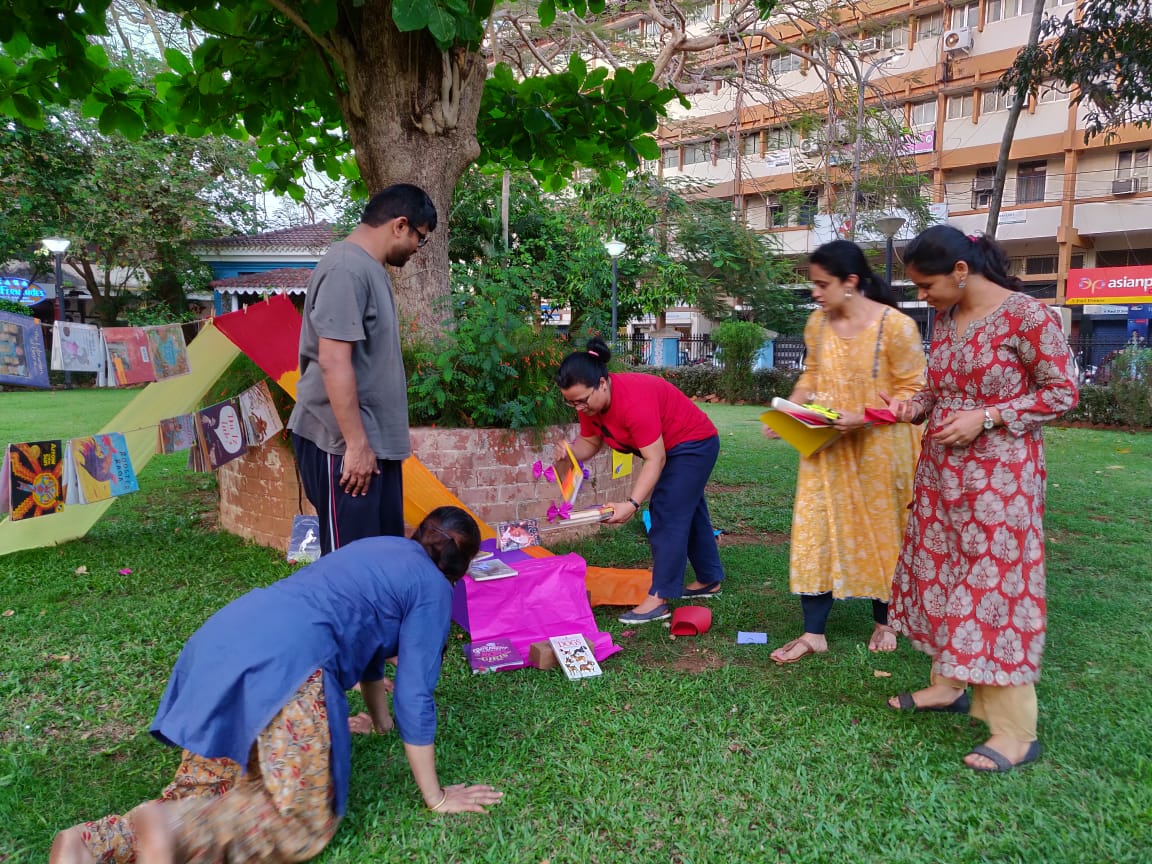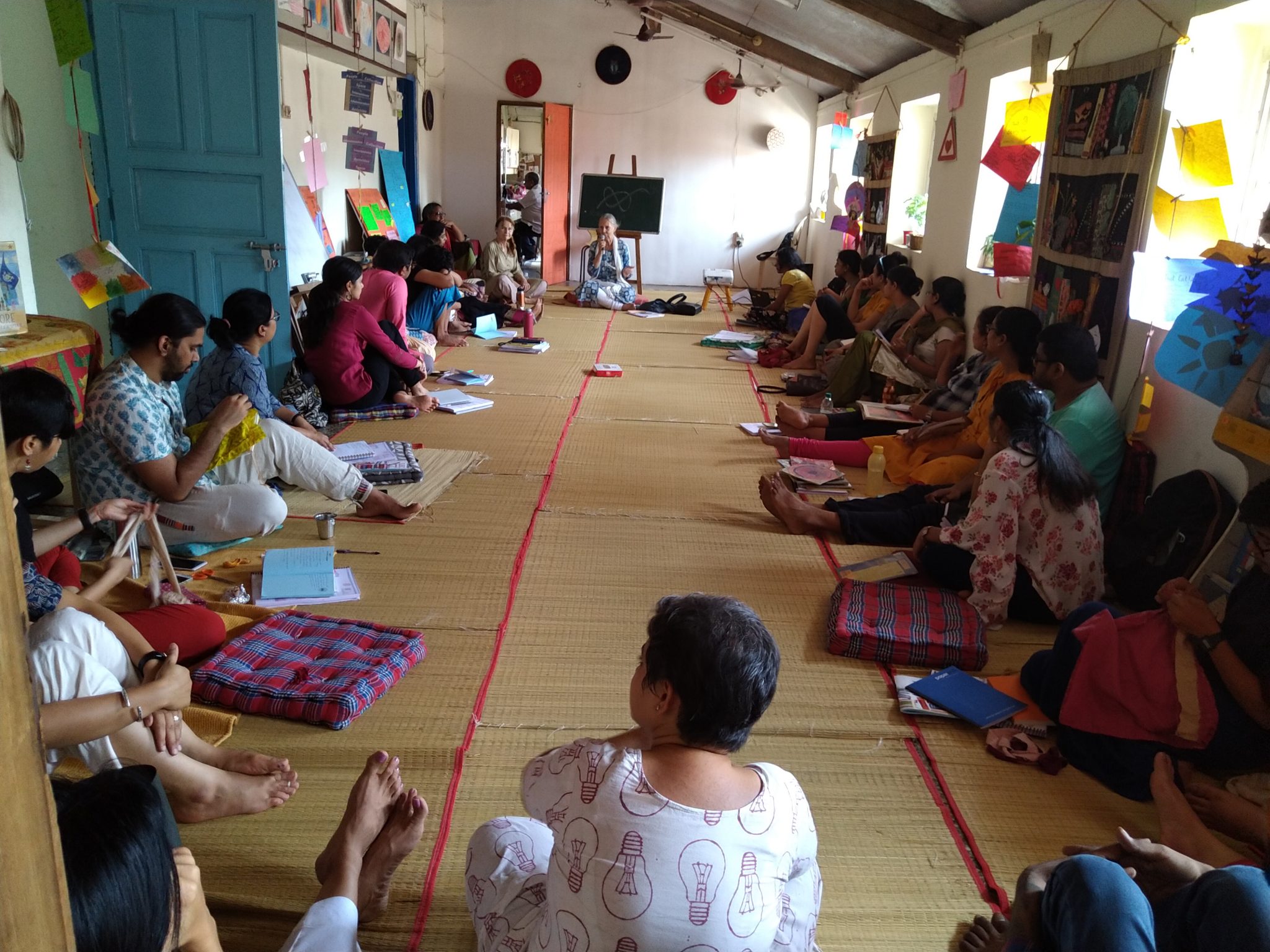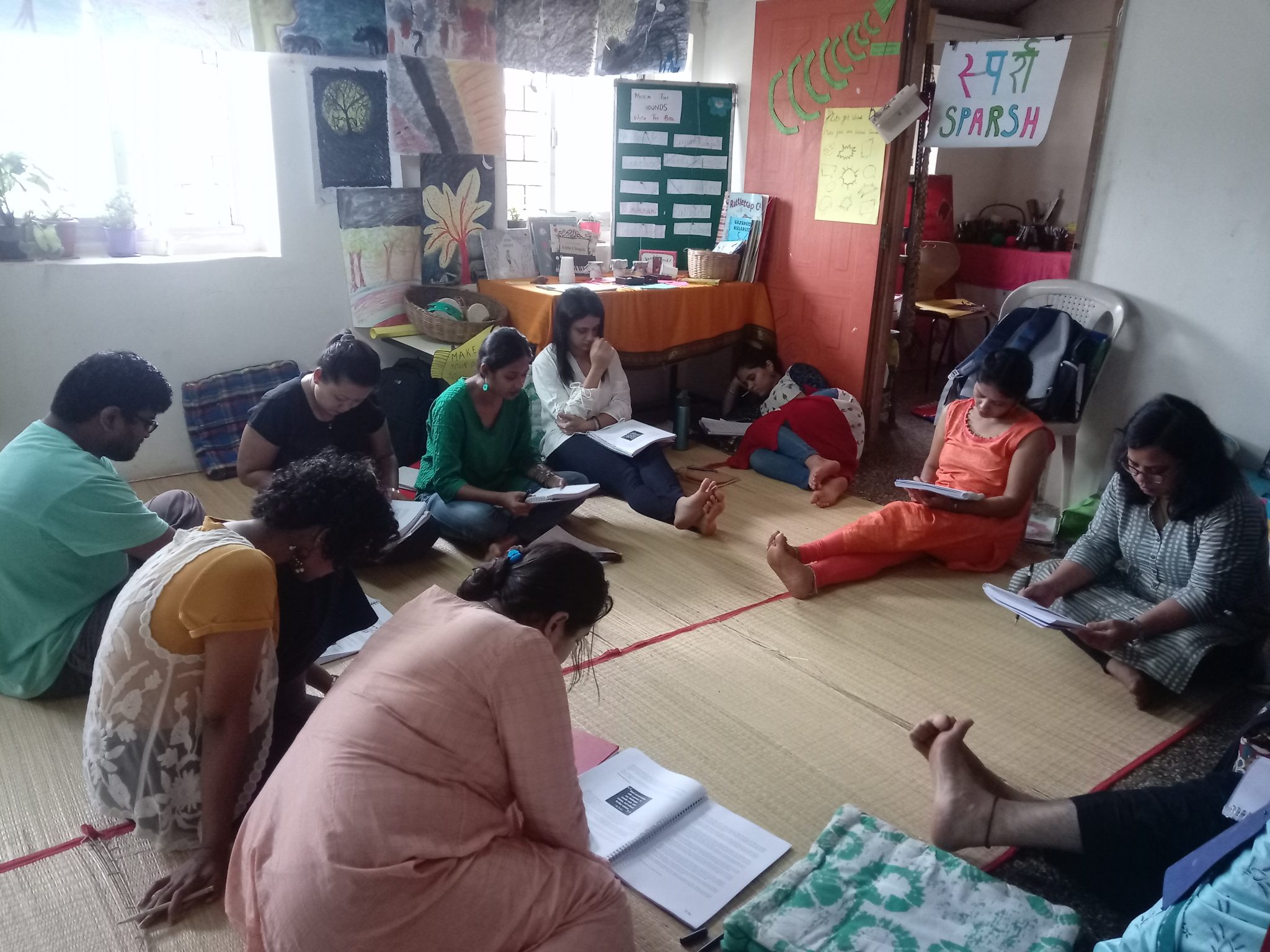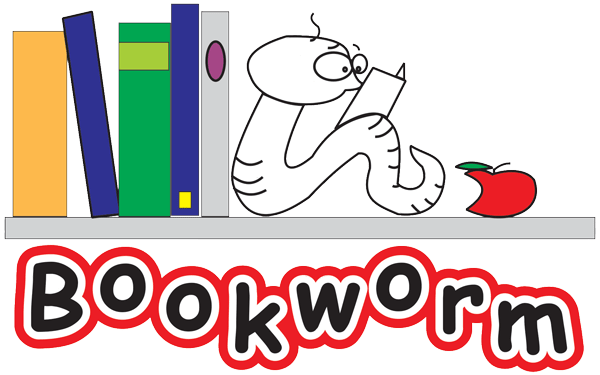Written by Bhawna (Project Coordinator with ‘The Community Library Project’), LEC 2019
While attending the Library Educators Certificate Course (LEC), organized by Bookworm, I and most of the participants felt that the space was safe. It was as if we were by ourselves. The space was so connectable that we were able to even share intimate aspects of our lives.
At a point during the course, the easiness of the space reminded me of those days in my own life, when I felt suffocated and chained in the socio-cultural pressures of society, I come from. During those days, I was flooded with questions, dilemmas as well as with ideas which I wanted to express. I knew that writing could have helped me pour out my feelings and thoughts and hence could have relieved me. However, I declined to do so and thus felt helpless and trapped. It was mostly due to my inadequate exposure to diverse literature and stories, further accompanied by insufficient mentoring.
Later, during my higher studies I explored library as a space where I thought I could simply keep myself away from societal pressures. Very soon I realized that the physical spaces of different libraries were social, full of learning and sharing. Despite the diverse experience and perspective of each person coming to the library, I often noted a feeling of co-existence in the given space. On several occasions, the vibrant, sensitive and knowledgeable staff in the library and the connectedness helped and encouraged me to plunge myself into praxis. Procedurally, the two contact periods certainly helped me to find my way into developing relationships with the children and community situated around the Community Library Project at Sikandarpur, Gurugram. However, it was a difficult task for a person like me, who was an introvert and burdened with her own life experiences. Accordingly, the first task before me was to overcome my own inhibitions before I proceeded to start my journey with children and the contextual community. In this move, the sessions conducted during the contact periods assisted me in several ways. It helped me strengthen my ideas and concepts of providing children a safe, democratic space wherein they can enter without any fear and access books free of cost! Those quiet reading hours, book talks, book discussions in small groups, Jane’s session on reading poems and trying to understand it within and outside its context enabled my gradual entry towards attainment of the desired goal, both as an individual and a librarian.
Procedurally, the two contact periods certainly helped me to find my way into developing relationships with the children and community situated around the Community Library Project at Sikandarpur, Gurugram. However, it was a difficult task for a person like me, who was an introvert and burdened with her own life experiences. Accordingly, the first task before me was to overcome my own inhibitions before I proceeded to start my journey with children and the contextual community. In this move, the sessions conducted during the contact periods assisted me in several ways. It helped me strengthen my ideas and concepts of providing children a safe, democratic space wherein they can enter without any fear and access books free of cost! Those quiet reading hours, book talks, book discussions in small groups, Jane’s session on reading poems and trying to understand it within and outside its context enabled my gradual entry towards attainment of the desired goal, both as an individual and a librarian.  The space facilitated me to challenge even some settled viewpoints on societal issues like race, caste, inequality and systemic discrimination’s, both during the session from the participants and to myself, after those sessions. However, I also experienced some participants’ discomfort with my questions, observations and ideas. I made all attempts for inclusion of my questions, of all kinds, in the sessions through discussions and display activities.
The space facilitated me to challenge even some settled viewpoints on societal issues like race, caste, inequality and systemic discrimination’s, both during the session from the participants and to myself, after those sessions. However, I also experienced some participants’ discomfort with my questions, observations and ideas. I made all attempts for inclusion of my questions, of all kinds, in the sessions through discussions and display activities.
The sessions ‘Mirror and Window’ and ‘Word and World’ conducted by Mr. Thejaswi and Ms. Jane, respectively, helped me unravel many aspects of stories and emotions and allowed me to discover the world with different perspectives. These sessions additionally helped me understand the world of children’s literature in the library. It also contributed towards allowing me to feel immersed in the field. Earlier, this aspect was missing in my practice at the library. Concepts such as ‘democracy’, ‘equality’, ‘inclusivity’, ‘open space’, ‘rights’ etc. were popularly heard during my higher studies. These concepts were often discussed in class rooms and other public spaces. These are often referred to by people in several academic and non-academic works. But I have always noted the existence of these terms only at a theoretical level. Contradictory to this, the sessions in the contact periods emphasized not only on the theoretical understanding of the term but also encouraged participants to bring them into practice both during the sessions and in their routine life afterwards. However, we were made to imbibe those values in a subtle way through encouraging discussions on concepts such as censorship, intersectionality, risky books and decoding poems without killing their soul.
Concepts such as ‘democracy’, ‘equality’, ‘inclusivity’, ‘open space’, ‘rights’ etc. were popularly heard during my higher studies. These concepts were often discussed in class rooms and other public spaces. These are often referred to by people in several academic and non-academic works. But I have always noted the existence of these terms only at a theoretical level. Contradictory to this, the sessions in the contact periods emphasized not only on the theoretical understanding of the term but also encouraged participants to bring them into practice both during the sessions and in their routine life afterwards. However, we were made to imbibe those values in a subtle way through encouraging discussions on concepts such as censorship, intersectionality, risky books and decoding poems without killing their soul. After spending a period of nearly four months, including two contact periods, and having engaged with discussions on Moodle, undergoing the process of writing assignments (which required extensive mental and emotional engagements), I feel improved as a human being and enriched with qualitative discourse, conversations and ideas. Though, I still feel a need for me to work on dropping the solitary nature of my personality, at least during the contact period, to be able to engage more with the faculty and participants there.
After spending a period of nearly four months, including two contact periods, and having engaged with discussions on Moodle, undergoing the process of writing assignments (which required extensive mental and emotional engagements), I feel improved as a human being and enriched with qualitative discourse, conversations and ideas. Though, I still feel a need for me to work on dropping the solitary nature of my personality, at least during the contact period, to be able to engage more with the faculty and participants there.
